Latest news
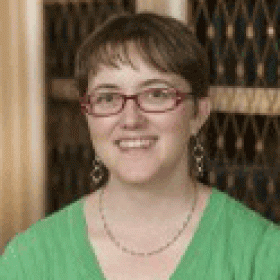
Researchers Dr. Chris Henstridge and Dr. Tara Spires-Jones (both Centre for Cognitive and Neural Systems and Euan MacDonald Centre) have published findings suggesting that overactive scavenger cells in the brain may contribute to neurodegeneration.
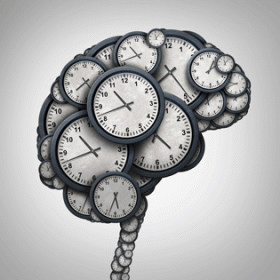
Professor Ian Deary and colleagues (Centre for Cognitive Ageing and Cognitive Epidemiology/ Psychology) have followed up more than 65,000 people who took part in The Scottish Mental Survey in 1947 at the age of 11, to examine the association between intelligence measured in childhood and leading causes of death in men and women over the life course.
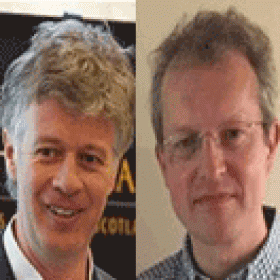
Congratulations to Dr Jon Stone (Consultant Neurologist and Honorary Reader in Neurology, Centre for Clinical Brain Sciences) and Dr Alan Carson (Consultant Neuropsychiatrist and part-time Senior Lecturer, also Centre for Clinical Brain Sciences) who have been awarded the President's Medal from the Royal College of Psychiatrists at a ceremony on 28th June 2017
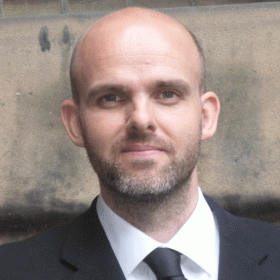
Professor Tom GIllingwater (Centre for Integrative Physiology, and Euan MacDonald Centre for MND Research) has been awarded a grant from MND (Motor Neurone Disease) Scotland for the project titled: 'Identifying and targeting neuroprotective pathways in motor neurons'. Congratulations Tom!

Scotland rugby legend, George "Doddie" Weir, has pledged support to the Euan MacDonald Centre for Motor Neurone Diesease (MND) Research at the University of Edinburgh. The former British and Irish Lion - who earned 61 caps for Scotland and is now an award-winning after-dinner speaker and MC - recently announced his diagnosis with MND in order to raise awareness of the condition for Global MND Awareness Day.

Dr Heather Whalley and Prof Andrew McIntosh (both Centre for Clinical Brain Sciences) and colleagues from the Centre for Cognitive Ageing & Cognitive Epidemiology and the University of Glasgow have found, using diffusion tensor imaging, that white matter integrity is reduced in people with symptoms indicative of depression compared to those without.

Researchers at the University of Edinburgh (Division of Psychiatry, Centre for Cognitive Ageing and Cognitive Epidemiology, Institute for Genetics and Molecular Medicine and brain imaging facilities) along with the universities of Aberdeen and Dundee, are involved in The Stratifying Resilience and Depression Longitudinally (STRADL) study. More than 600 volunteers have already been recruited for this £4.7m study (funded by the Wellcome Trust) and the study is continuing to recruit.
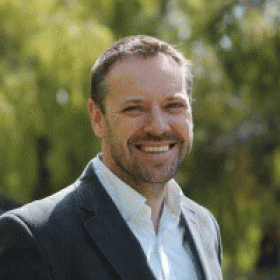
On the eve of Dementia Awareness Week in Scotland, Professor Craig Ritchie (Chair of Psychiatry of Ageing, Centre for Clinical Brain Sciences, University of Edinburgh) spoke to The Sunday Post about the implications of Brexit on dementia research. He warns that Brexit will have 'bleak' implications on pioneering Scottish research into dementia.
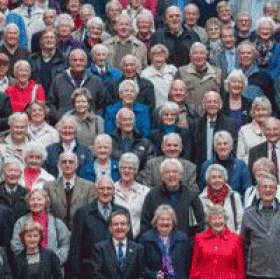
More than 400 people in their 80s and 90s were reunited at a Lothian Birth Cohort (LBC) event on 04 June 2017. This reunion celebrated 70 years, to the day, since the LBC1936 participants first sat the Moray House Test as part of the Scottish Mental Survey 1947. The participants of the Lothian Birth Cohorts met with Professor Ian Deary (Centre for Cognitive Ageing and Cognitive Epidemiology) and colleagues behind the project to mark their achievements on the understanding of the ageing brain.
Dr David Hay, Dr Baltasar Lucendo-Villarin, Jose Meseguer-Ripolles and Dr Kate Cameron (all MRC Centre for Regenerative Medicine, University of Edinburgh), in collaboration with the Universities of Aberdeen and Glasgow, have developed a stem cell technique to assess the effects of maternal cigarette smoking on the developing foetus. Their findings reveal that the potent cocktail of chemicals in cigarettes is particularly harmful to developing liver cells and affects male and female foetuses differently.

